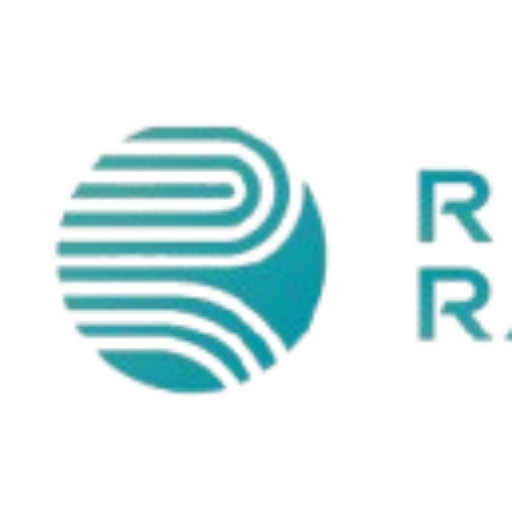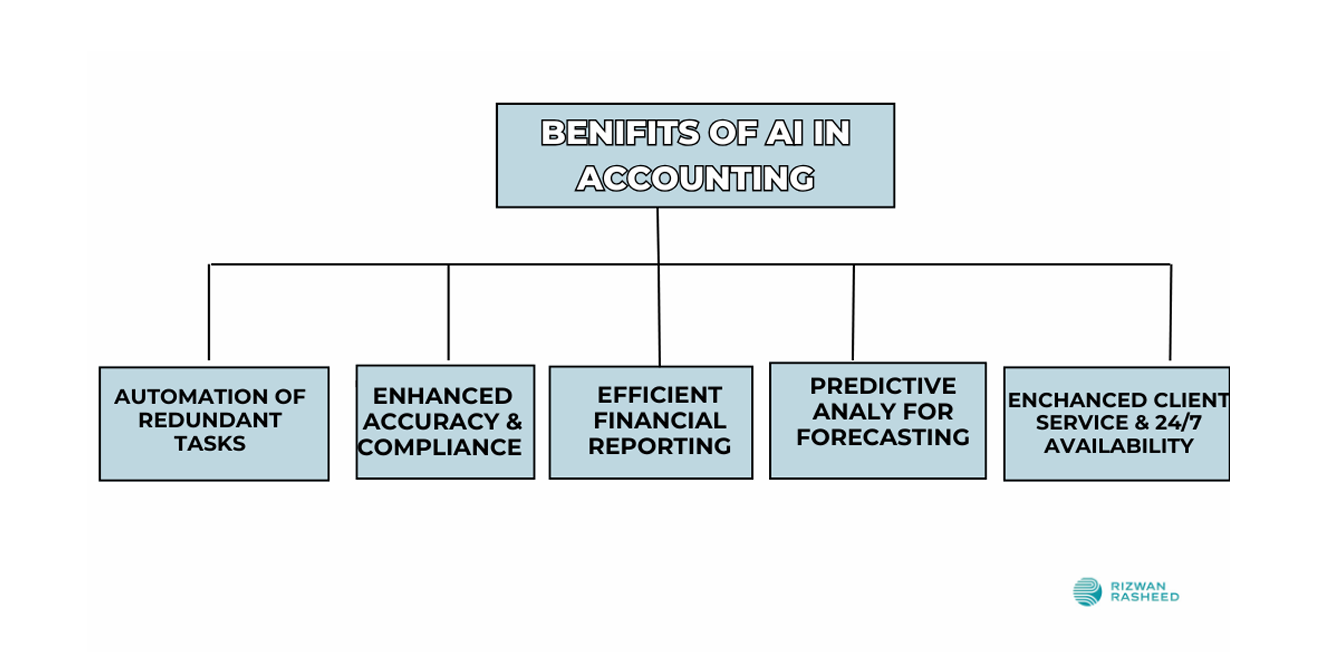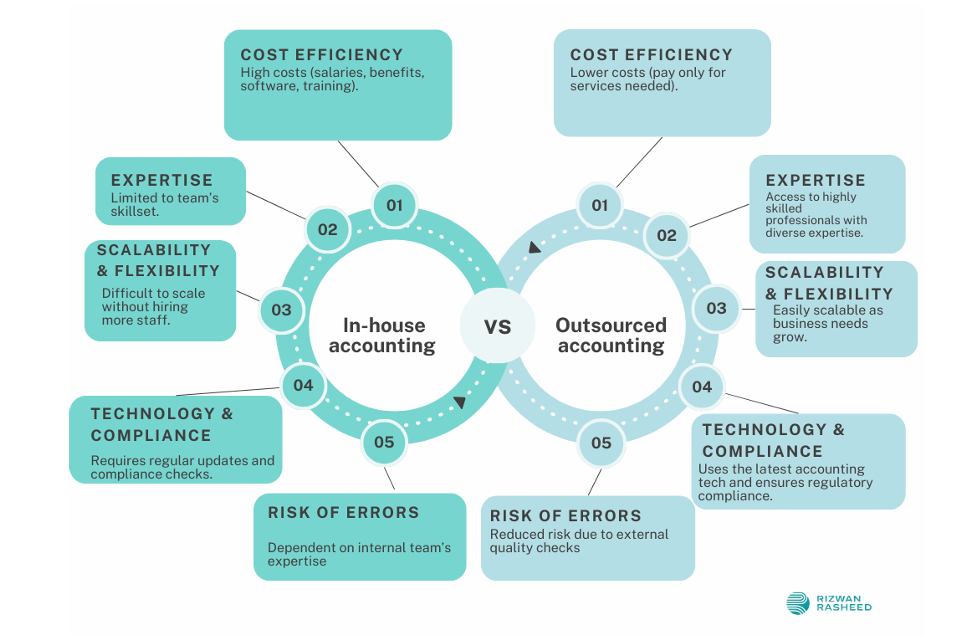Have a question
Finance Construction
Finance provides the latest financial news, market analysis, and investment insights. We cover stocks, cryptocurrency, real estate, and personal finance tips to help you make informed decisions and achieve financial success. Stay updated with us!
Contact Us
-
-
Address
PO Box 16122 Collins Street West Victoria 8007 Australia
-
Email us
support24-7@gmail.com








